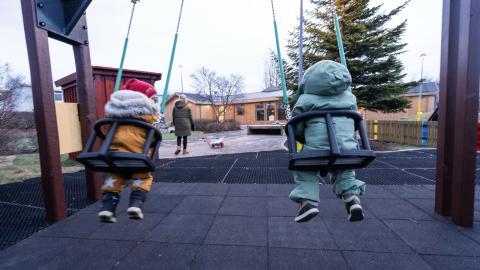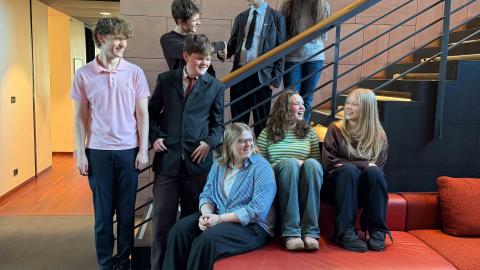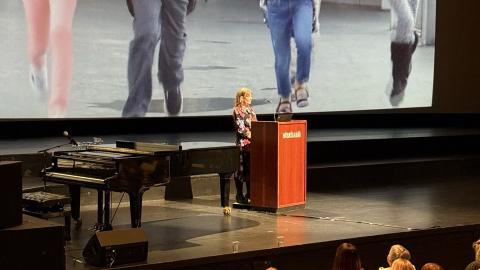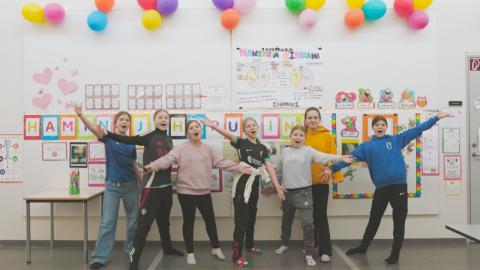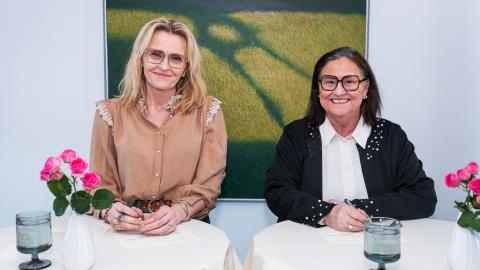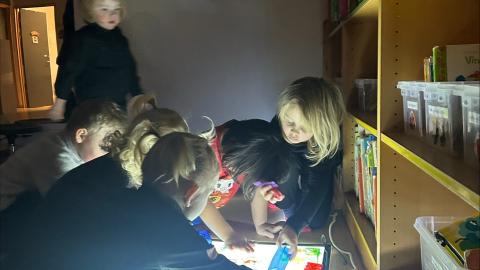Primary schools
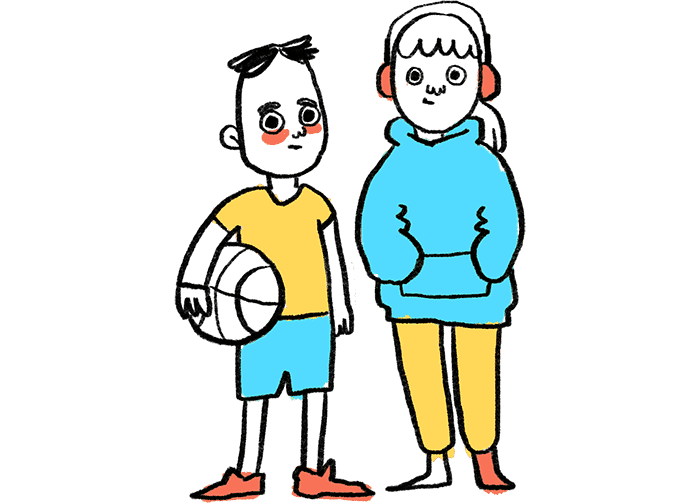
Children in Iceland start compulsory primary school in the year they turn six. They will be placed in their district school, and the guardian will have to confirm the enrollment electronically.
Is your child starting primary school?
If your child turns six during the year, you will receive an email from the City of Reykjavík asking you to confirm your child's enrollment in your district school. But what is a district school?
On this page, you will find useful information about starting primary school. As, for example, what the children have to take with them to school and whether the children will get food during school hours.
School calendar
You can see the primary school calendars on the relevant schools’ website.
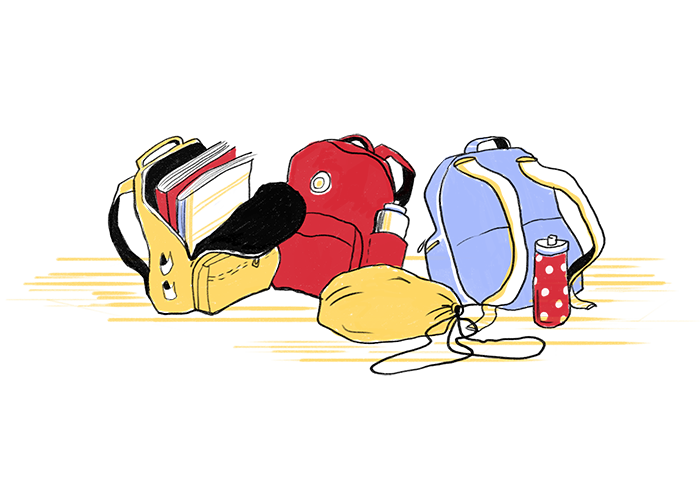
School meals
School meals will be free this year. Schools still need to track information about allergies and intolerances and limit food waste. Students must register for the school lunch program as before.
Schools handle this differently depending on whether they have their own kitchen or use an outside food service.
Find information about school lunch programs on your school's website.
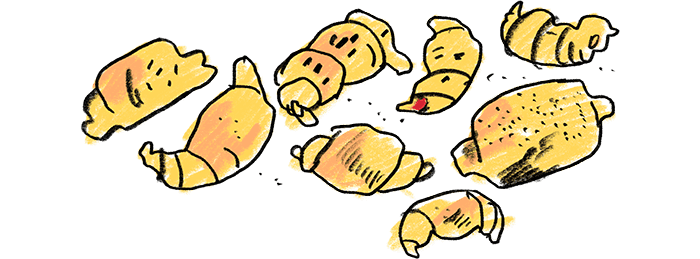
Schooling in another municipality
You can apply for your child to attend school in another municipality, even if your child is legally resident in Reykjavík. You must apply before April 1 of each year.
Transferring between primary schools
In Reykjavík, there is a choice of primary school, but if the number of students in individual schools has to be limited, students are given priority in their own school district.
Reykjavík City Education Policy – Let Dreams Come True
City of Reykjavík primary schools follow the National Primary School Curriculum with reference to the Reykjavík City Education Policy. The main objective of the Policy is for all children to grow, develop and feel happy in a democratic society that is based on human rights and respect for the diversity of human life.
Through robust school and recreation activities, children and young people gain education and experience to realize their dreams and have a positive impact on their environment and society. The Education Policy is based on five fundamental elements: social skills, empowerment, literacy, creativity, and health.
Latest news
-

-

-

-

-

-

